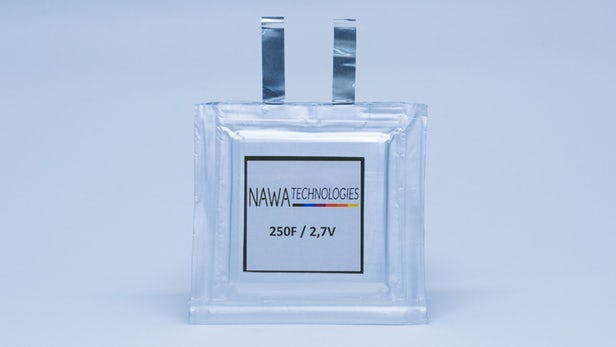
Breaking News
 Palantir kills people? But Who's Really Pushing the Buttons?
Palantir kills people? But Who's Really Pushing the Buttons?
 'Big Short' investor Michael Burry sounds alarm on AI bubble that's 'too big to save
'Big Short' investor Michael Burry sounds alarm on AI bubble that's 'too big to save
 2026-01-21 -- Ernest Hancock interviews Professor James Corbett (Corbett Report) MP3&4
2026-01-21 -- Ernest Hancock interviews Professor James Corbett (Corbett Report) MP3&4
 Joe rogan reacts to the Godfather of Ai Geoffrey Hinton talk of his creation
Joe rogan reacts to the Godfather of Ai Geoffrey Hinton talk of his creation
Top Tech News
 The day of the tactical laser weapon arrives
The day of the tactical laser weapon arrives
 'ELITE': The Palantir App ICE Uses to Find Neighborhoods to Raid
'ELITE': The Palantir App ICE Uses to Find Neighborhoods to Raid
 Solar Just Took a Huge Leap Forward!- CallSun 215 Anti Shade Panel
Solar Just Took a Huge Leap Forward!- CallSun 215 Anti Shade Panel
 XAI Grok 4.20 and OpenAI GPT 5.2 Are Solving Significant Previously Unsolved Math Proofs
XAI Grok 4.20 and OpenAI GPT 5.2 Are Solving Significant Previously Unsolved Math Proofs
 Watch: World's fastest drone hits 408 mph to reclaim speed record
Watch: World's fastest drone hits 408 mph to reclaim speed record
 Ukrainian robot soldier holds off Russian forces by itself in six-week battle
Ukrainian robot soldier holds off Russian forces by itself in six-week battle
 NASA announces strongest evidence yet for ancient life on Mars
NASA announces strongest evidence yet for ancient life on Mars
 Caltech has successfully demonstrated wireless energy transfer...
Caltech has successfully demonstrated wireless energy transfer...
 The TZLA Plasma Files: The Secret Health Sovereignty Tech That Uncle Trump And The CIA Tried To Bury
The TZLA Plasma Files: The Secret Health Sovereignty Tech That Uncle Trump And The CIA Tried To Bury
Nawa's carbon nanotube ultra-capacitors are going into mass production

Charging almost instantly and offering massive power density, Nawa's innovative ultracapacitors are ready to make a mark across industries from automotive to power tools and aviation. And after raising more than US$10 million, this French company is going into mass production.
Nawa's ultracapacitors offer an interesting alternative (or augmentation) to lithium battery systems. When it comes to fast charging or discharging, there's simply no contest – they can pick up or pump out power at rates that absolutely demolish lithium cells, meaning that charging is next to instantaneous – we're talking sub-20 seconds for a full charge – and they're unparalleled for quick bursts of huge power.
Their energy density isn't great compared to batteries, storing maybe a quarter of the power lithium units can for a given volume, but compared to other ultracapacitors their carbon nanotube structure crams up to five times more energy in. They're useless for longer-term storage, leaking somewhere between 10-20 percent of their energy per day, but on the other hand, they last up to a million cycles and are exceptionally durable across a range of temperatures and environments that might test the limits of standard batteries, such as space, high-temp drilling or undersea.
We've covered the technology before, including an interview with Nawa's CEO and COO last year. And now, the company has announced that it's raised the capital and laid down the roadmap to get these things into mass production within the next 12 months.

 Nano Nuclear Enters The Asian Market
Nano Nuclear Enters The Asian Market


